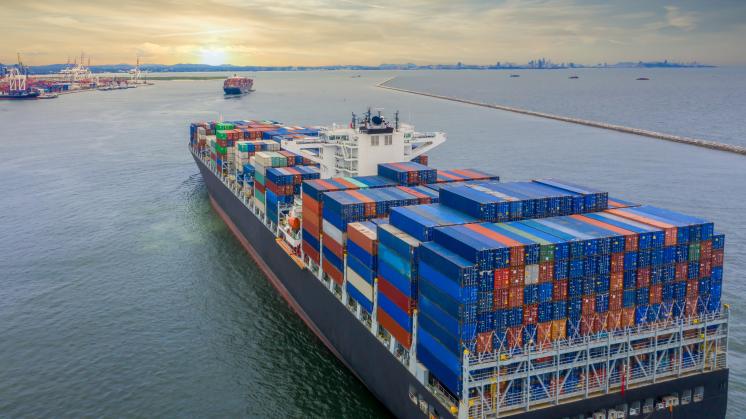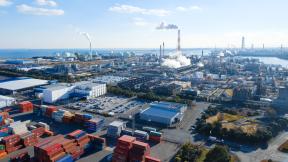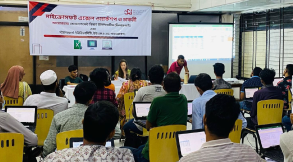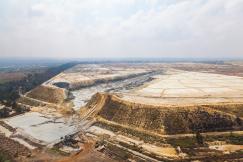In this paper I ask: how does openness to trade shape sectoral makeup of economies beyond the operation of the price- and income effects? I address this question by studying the changes in manufacturing value added shares in twenty developed and developing economies between years 1965 and 2011. I find that a third of the observed changes over the period had nothing to do with price- or income effects. Instead, it was driven by changes in sectoral productivities, trade costs, and aggregate trade imbalances, which affected the sectoral makeup of economies through two distinct channels: (i) specialization subject to comparative advantage, and (ii) compositional effects as the relative expenditures of economies changed over time. Furthermore, I show that these processes are key for understanding the heterogeneous experiences of (de)-industrialization among economies at similar levels of development, and for thinking about the dynamics of the composition of manufacturing sector broadly defined.
STEG Working Paper Series
• Research Theme 4: Trade and Spatial Frictions
Beyond the Hump: Structural Change in an Open Economy

Related content















































































































